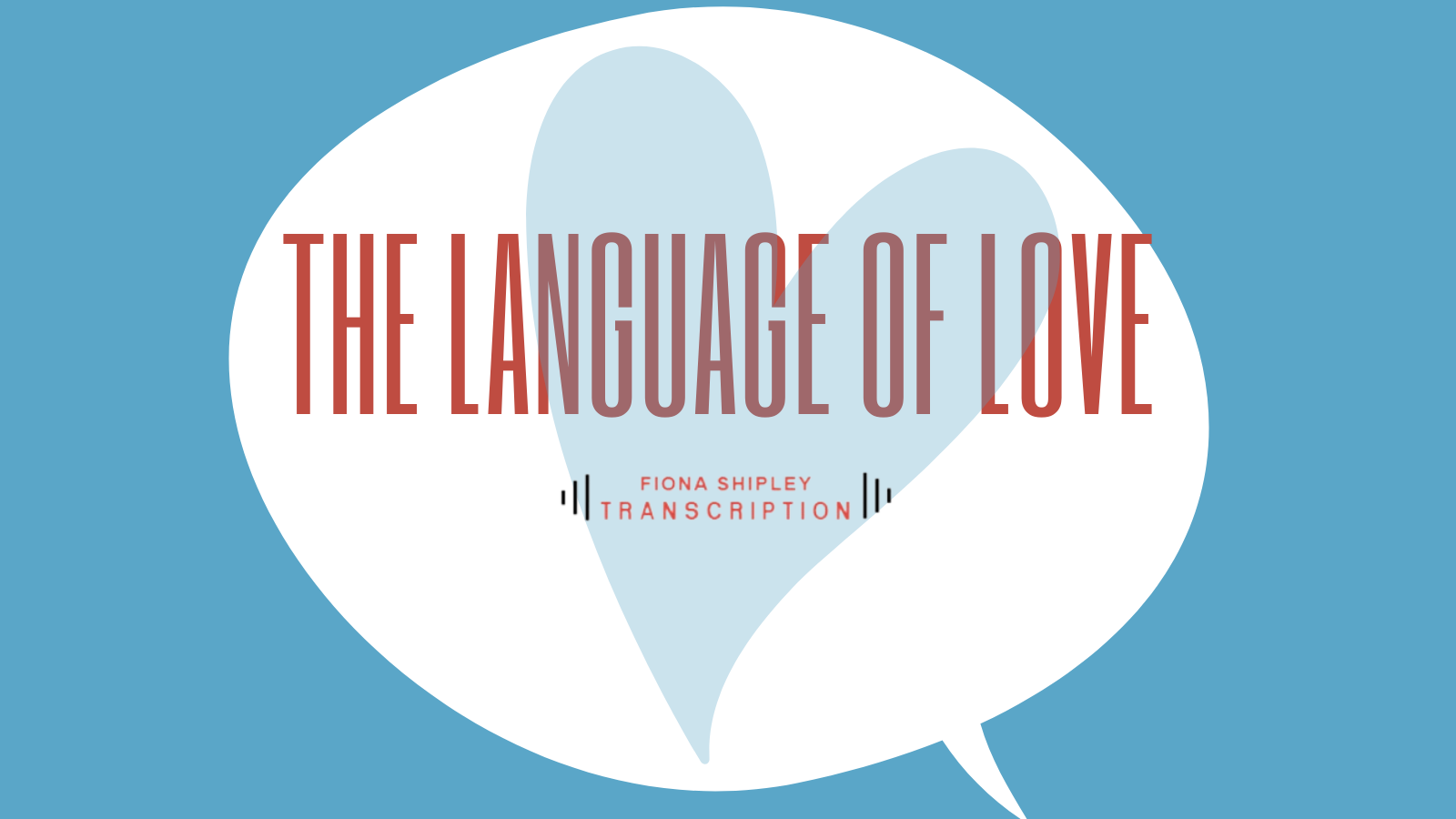Valentine’s day. Whether you’re a lover or a hater (excuse the pun!), you celebrate it or avoid it, it seems to get bigger and more commercial every year. So we couldn’t resist jumping on the bandwagon and using it as a good excuse to look at the language of love!
Let’s begin with the language of love in English…
Hands up if you have a nickname for your partner?! Some of the more common ones spring to mind – darling, love or sweetheart. But we’ve come across some interesting ones while researching this topic! Some of our favourite ones are Pineapple Chunk, Snicker Doodle and Gummy Bear… are they for real?!
Now let’s turn to those romance languages…
And by romance languages we mean those of Latin origin: French, Spanish and Italian specifically.
French – Petit chou. You might wonder why or how calling someone a “cabbage” – the exact translation of chou – could possibly be a term of endearment, but when you realise it loosely translates to darling or sweetheart then it makes much more sense!
Spain – Media naranja. Literally meaning “half an orange” it’s a term of endearment that suggests another person completes you – they’re your better half.
Italy – Microbino mio. Just how can something that means “my little microbe” be romantic… this isn’t a science lesson?! But then when you hear the phrase actually means “little one” or “tiny thing” then it’s a little more understandable!
What about further afield?!
While some of the ways of saying “I love you” in countries further afield are akin to ours in English, some are vastly different!
Latin America – Gordo/a. This one seems pretty outrageous to us English speakers but, in Ecuador and some other Latin-American countries, calling your love “gordo” or “gorda” is very common. But with its literal translation being “fatso” it might be one to avoid in countries like ours where it would be considered offensive!
Korean – Dangshineun jega kkumkkudeon yeoja-eyo: this is one that is familiar to us, and quite simply means “you are the woman of my dreams” (or if you need to change the gender you just change it to dangshineun jega kkumkkudeon namja-eyo).
Chinese – yí rì sān qiū: This translates as “a day’s separation seems as long as three years” which is a sweet way of saying that any time apart seems like an inordinate amount of time!
Japanese – tamago gata no kao. Many people might be a little confused about this one as it translates as “an egg with eyes”. Far from referring to the delights of a full English, it’s actually a huge compliment. In Japanese culture having an oval or egg shaped face is a very attractive and desirable attribute.
We love them all…!
Whatever your language of love, we certainly have a way with words (do you see what we did there?!)
For all your transcription needs, just email alex@fionashipley.com

